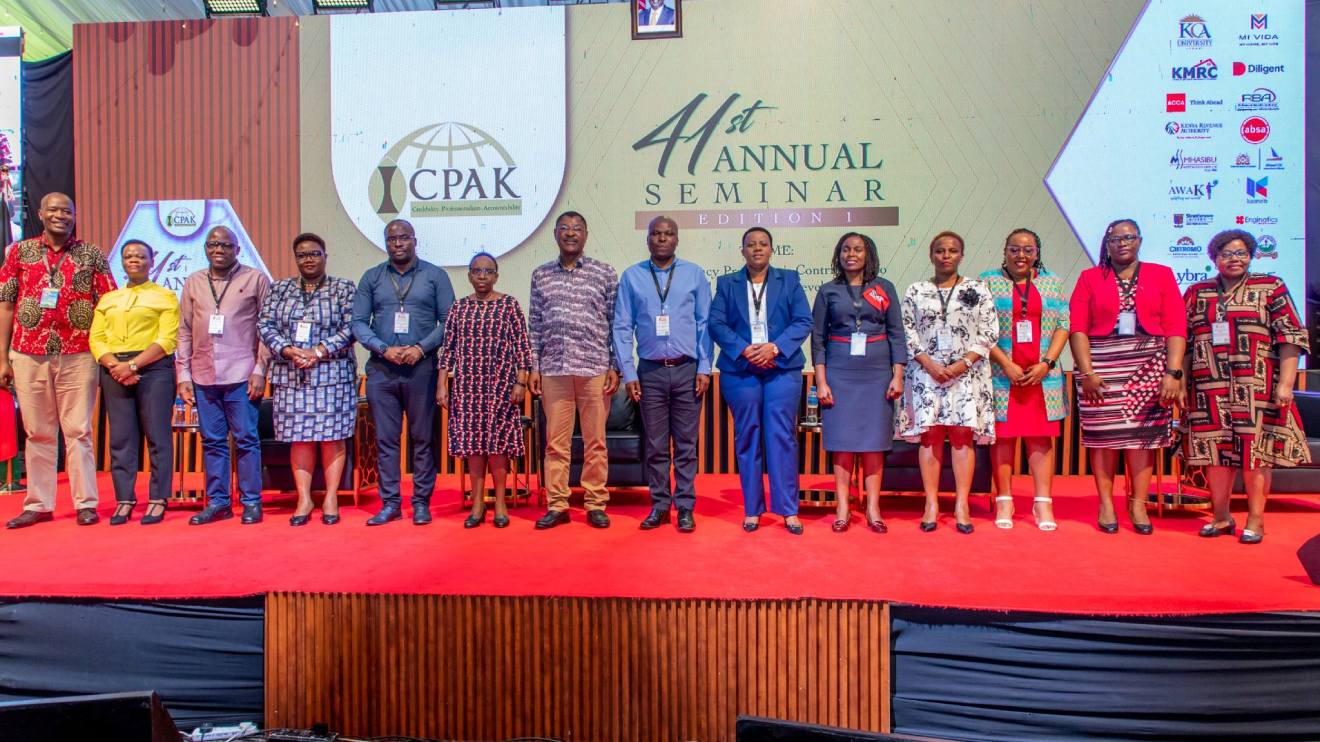The Institute of Certified Public Accountants of Kenya (ICPAK) has voiced opposition to several tax increases included in the proposed Finance Bill 2024.
ICPAK Chairman, Philip Kakai, expressed these concerns during the 41st ICPAK annual seminar, which gathered over 3,500 accountants from East Africa.
Burden on Kenyans
A central concern for ICPAK is the potential strain these new taxes will place on Kenyans already struggling with a high cost of living.
The proposed reclassification of bread from zero-rated to standard-rated tax would directly increase the price of this essential food item.
Read More
"The institute says the government should retain bread and other related wheat products as zero-rated to make them affordable to the majority of Kenyans who are still grappling with the high cost of living," said Kakai.
Kakai further pointed out that the proposed 2.5 per cent tax on motor vehicles would negatively impact the transport and logistics industry, potentially leading to increased transportation costs for consumers.
"The proposal comes against the backdrop of revised insurance premium rates and high fuel prices, inevitably shoring up the cost of operating motor vehicles in Kenya," said Kakai.
Tax Policy Inconsistency
Beyond the immediate impact, ICPAK raised concerns about the inconsistency introduced by the new proposals.
Kakai highlighted that the Finance Bill 2024 contradicts both the national tax policy and the medium-term revenue strategy, which emphasize stability and predictability in tax laws.
"The Institute has been invited and will be making detailed submissions to the National Assembly on these and other proposals on May 28, 2024," he said.
"The tax policy anticipated an environment where tax laws will be introduced to last for five years, yet some of the provisions introduced and passed in the Finance Act, 2023, are already being amended."
ICPAK Engagement and Recommendations
Despite these concerns, ICPAK has reaffirmed its commitment to supporting the National Assembly's review of the proposed tax measures.
The institute will submit detailed analyses on Wednesday, urging a thorough examination and advocating for responsible implementation.
While opposing certain tax increases, ICPAK has expressed support for specific proposals within the Finance Bill 2024.
These include the introduction of a minimum top-up tax to align with international tax regimes and the increase in the monthly pension contribution limit.
The institute also welcomes the proposed exemption of VAT on transfers of businesses as a going concern.
The coming weeks will be crucial as ICPAK and the National Assembly engage in discussions regarding the proposed tax measures within the Finance Bill 2024.
The outcome of these discussions will significantly impact the Kenyan economy and the lives of its citizens.












